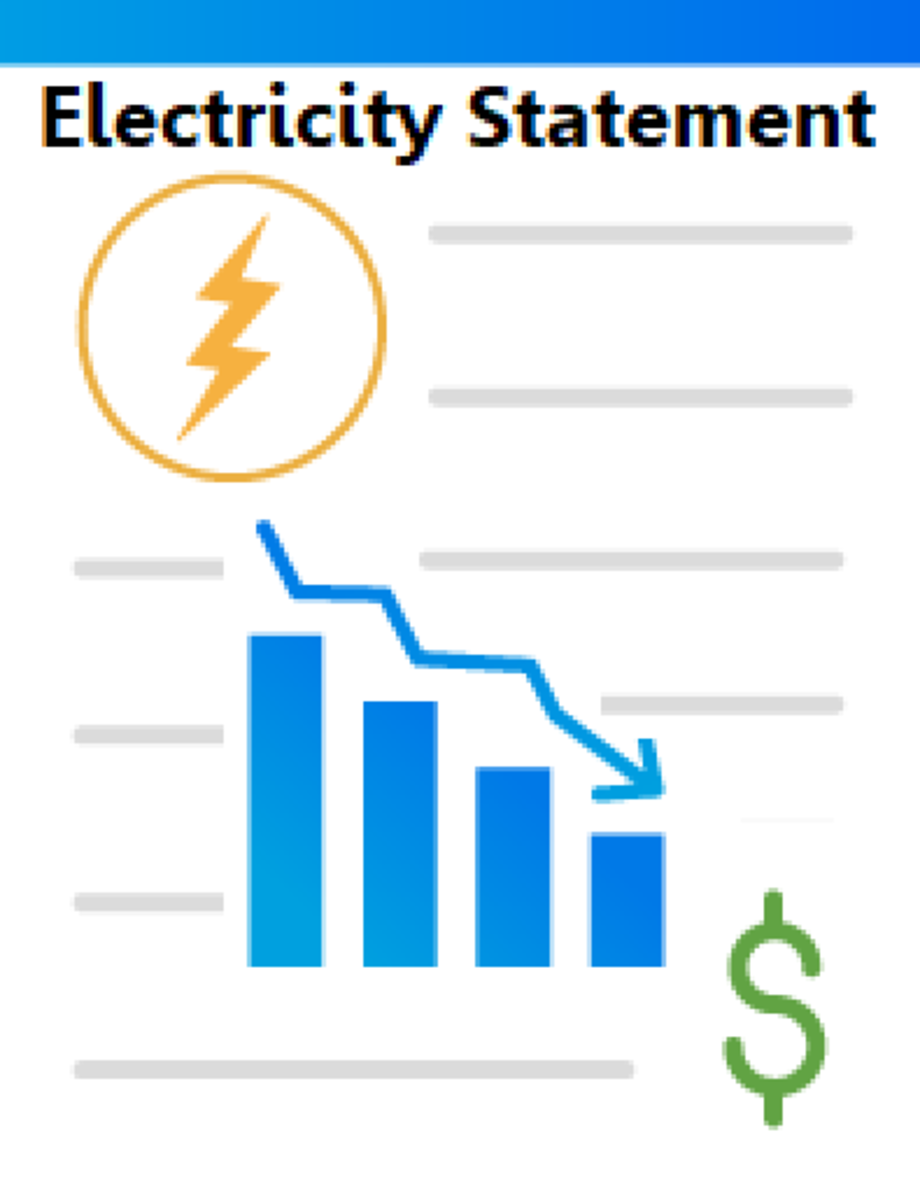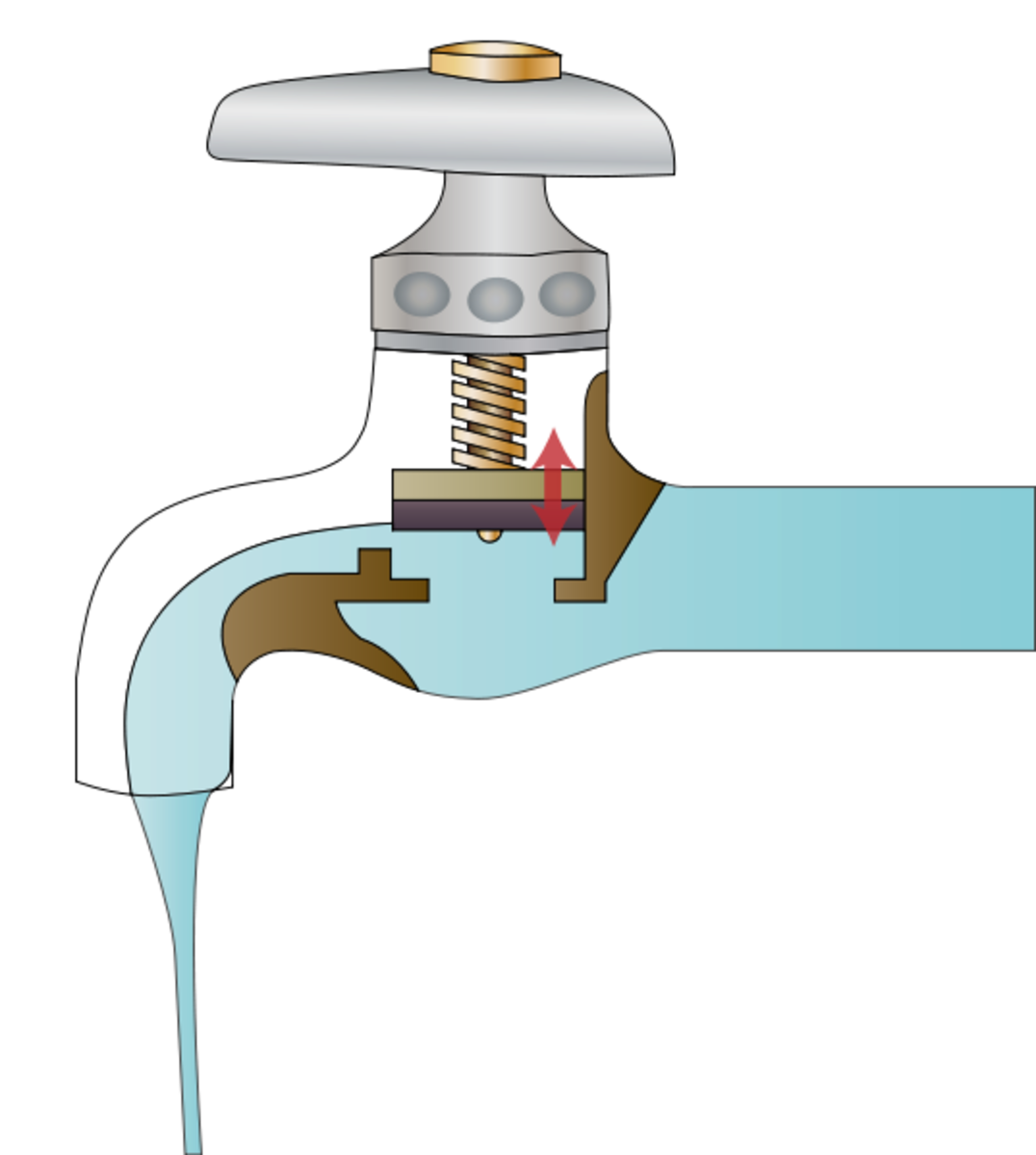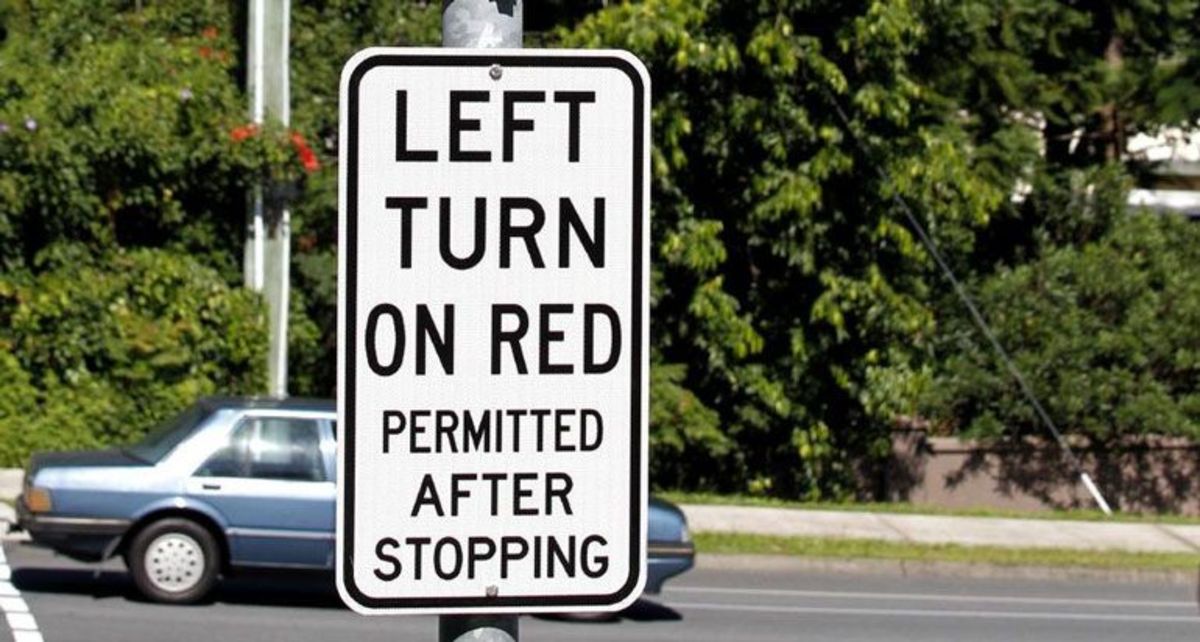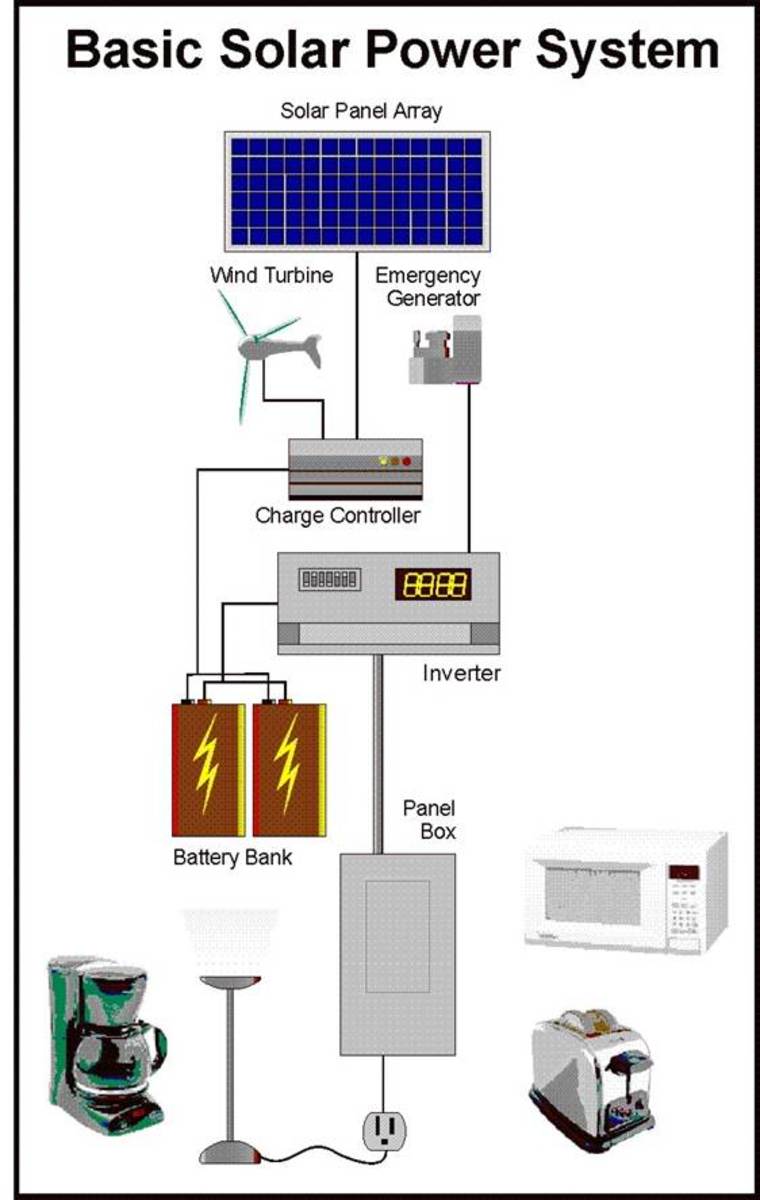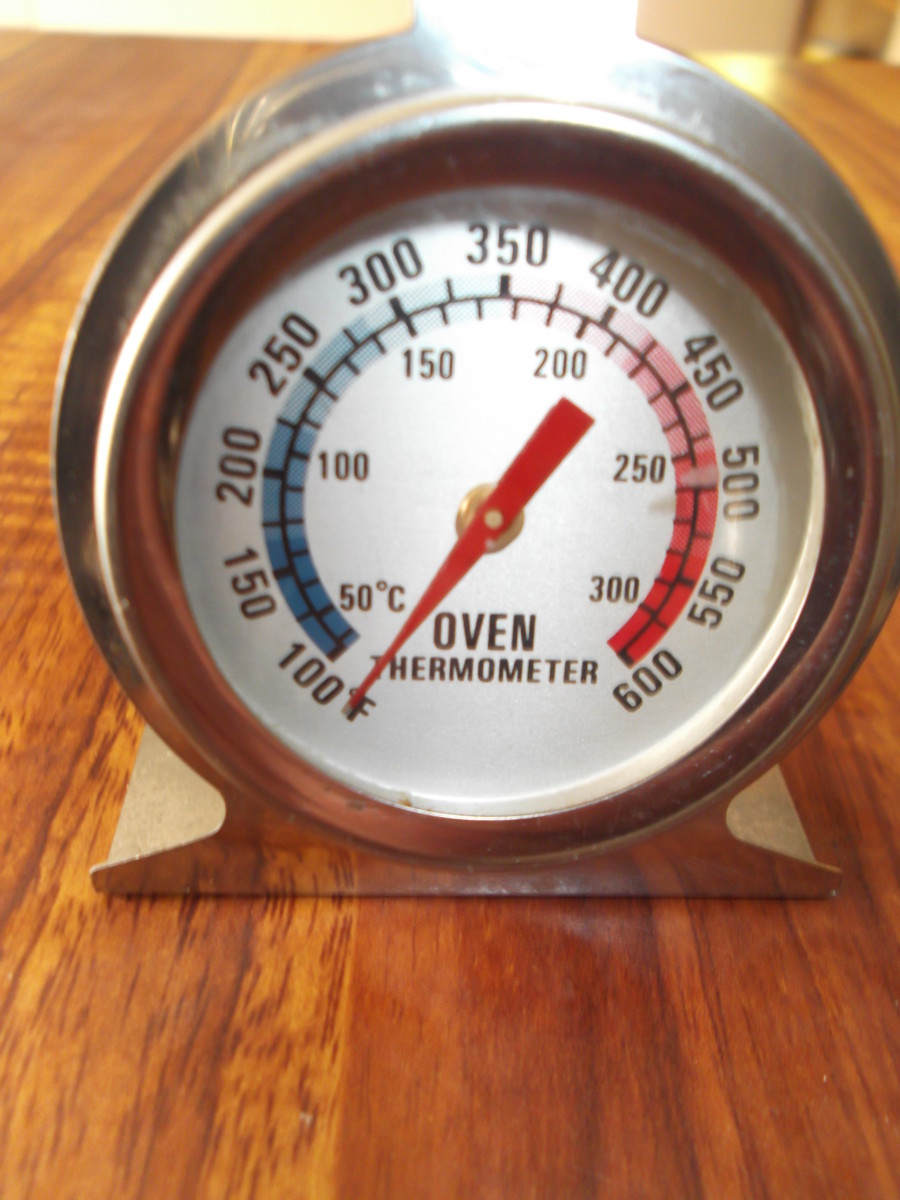How to Reduce Your Electric / Electricity Bills
Few things put a damper on your day more than receiving a huge electricity bill. You may wonder how it can possibly be as high as it is, especially if you live alone, or share with only a partner. This is a problem my Husband and I experienced for the first two years of living in our rented property before deciding something must be causing our high bills as friends and family in considerably larger properties had far lower bills than we did. Considering there were only two of us living in our small two bedroom property, and our landlord paid for our oil based central heating, we had no dishwasher and few guests, it was crazy that our quarterly electricity bill was around £325, especially as we live in Guernsey which is VAT free.
Tackling the Problem
I decided that enough was enough, and there had to be ways we could drastically drop the cost of our electricity bill each quarter. I began to investigate possible reasons why ours was so high and consider solutions to these problems. My investigations online produced fascinating results, and I soon drew up a list of potential problem areas within our home, and also spoke to our local electricity supplier to listen to what they suggested.
Initially the electricity engineer told us to go around our house and turn off every possible individual piece of equipment that could be using electricity, and then to check the meter and see if the metal dial was still moving or not. On the assumption we had turned off everything, the dial should have stopped. In the event the dial had stopped we could be fairly sure that no-one else was tapping into our electricity supply, either accidentally or deliberately for their own use, (although the same experiment should be conducted at several different times of day, and days of the week before you can be sure, because if the neighbour was only using your power for say, their washing machine or TV, the times you did the experiment when the item was not in use would not show your wheel as still moving).
It is very important that this initial experiment is not done simply by turning off the main trip switch, as if someone was using your supply, this action would simply turn off their supply too, then restore it once the trip switch was turned on again.
Turning off every piece of equipment is harder than it sounds, and it is easy to forget minor items such as the radio alarm clock, the sonic mouse repeller in the attic, the phone charger etc. In the event you think you have turned everything off and you do find the wheel on your meter is still turning, you then need to conduct a further experiment which may require two people. One of you needs to stand by the meter to watch the wheel, whilst the other person needs to be next to the row of individual switches that sit next to the main trip switch. Each of these switches will control an area of electrical supply within your home. The idea now is to repeat the experiment above with all the appliances etc switched off, but this time turn off all the switches next to the main trip switch too. Next, the person by the switches will need to turn them on again one at a time, whilst getting the person watching to wheel to verify at what point the wheel begins turning again, (torches needed for this). Let's say for example that switch number 3 starts the wheel moving again, you should then turn it back off and check the remaining switches also in case more than one is causing your wheel to turn. Once you have established which switch or switches are causing your meter to run, the next stage is to establish which part of the house uses these particular switches for it's power supply.
You should now turn on all your normal lights and appliances again, and then switch off the switch that you had established was causing the wheel to continue turning. It will now become obvious which part of the house is fed by this switch, as all the lights, appliances etc in this part of the house will go off. If there is more than switch it will be easier to do them one at a time.
This experiment will enable you to narrow down the area of your home where either you have neglected to turn off an appliance, a light etc, or will allow you to track down the potential area of your home where your electricity is being drained or stolen from by unknown sources.
Assuming you have now established that your electricity is still being drained even though absolutely everything is turned off in the area of the home you have narrowed down, you can then contact the electricity supplier you use and get them to come and investigate. Believe me when I say they are not overly interested in coming out to check your meter until you have tried this experiment for yourselves.
If there is a problem with your meter, or with your wiring feeding a neighbour's home, the electricity board should now sort the problem out and your bills should drop. In our case we conducted the first part of the experiment and found that the main wheel within the meter had virtually stopped, but only stopped completely if we did actually turn off the main trip switch. The movement was so slow however it was barely noticeable, so we didn't go to phase two of the experiment as it seemed unlikely this was the cause of our high bills.
Easy Changes
By now I was very frustrated, and decided to start with changes we could make easily.
1) My observations had shown me that we had a row of four spotlight bulbs in our lounge/kitchen, and also had two other additional lights that we rarely used. The rest of our home had a number of lights, none of which were using energy efficient bulbs. I knew these bulbs were quite expensive to buy, but also knew they lasted for many years, whereas our spotlight bulbs were blowing every week, and were in themselves expensive to replace. The amount of money an energy saving bulb could save meant they should pay for themselves within a year, so I took the step of heading for the local B&Q and spending around £60 changing every possible bulb in our home over to energy efficient ones. There were one or two that could not be changed due to them being on "dimmers", but the rest were all swapped over and the old bulbs saved in a carrier bag under our sink so that we could take the new bulbs with us if we moved house and replace the old ones to avoid penalties being taken off our deposit by our landlord.
2) The next step I took was to ensure that every evening before bed we shut down our computer instead of leaving it on constantly as we had done previously.
3) Then, I began to switch off the TV each night using the switch on the front of the TV itself, rather than putting it into standby using the remote control.
4) I started only putting enough water in the kettle for what we actually needed, rather than filling the kettle up each time we needed hot water.
5) Previously we had always left our hot water immersion heater switched on full time, as we had been told this was the cheapest way to run an immersion heater so it didn't have to heat up from cold each time it was turned on. I now got a second opinion, and was told that so long as the heater is well lagged, and we had an economy 12 meter ( economy 7 in the UK), it would be cheaper to set the timer on the heater so it came on twice a day during the economy hours, i.e. after 8.20pm and before 08.20am. I reset our timer so that our immersion heater came on for about an hour twice daily, morning and evening during the economy rates.
6) As a back up to the heating our Landlord provided, we had borrowed a convector heater from a neighbour for several months. We were now told these are actually very expensive to run, so we gave it back to the neighbour and purchased an inexpensive oil filled radiator from the local B&Q, which guaranteed to cost no more than 10p per hour to run.
7) We then changed our patterns so that we did our clothes washing during the cheaper rates in the evenings and overnight. This can make a large difference if you consider that often the electricity costs twice as much during the peak periods versus the economy hours. A lot of washing machine cycles last well over an hour, sometimes two, and if you have children and may be doing several washes a day this cost can soon add up.
8) The fridge we were using must have been well over fifteen years old, and we had purchased it second hand when we moved into our property on a tight budget. Yes, it had only cost us £15 to buy, but I now doubted the wisdom of this decision, as it had probably cost us a huge amount of money to run. We found out that our electricity supplier also had retail shops, and that if we wished to purchase an appliance we could pay a small amount of interest and add the repayments on to our quarterly electricity bill, but split over either 5 quarters or 2 years with the option to pay it off early if we wished to without incurring penalties. We decided to go ahead and replace the fridge freezer as it was frosting up constantly, and we felt that it must be working overtime to keep the contents frozen. We opted to repay it over 5 quarters to get it out of the way quickly, and this proved to be a wise decision. The fridge/freezer we chose was labelled "Category A" on efficiency, which is what I will now always look for on any new electrical appliance even if it costs a bit more, as in the long run it will be cheaper.
9) The little things can also make a lot of difference, and I began to make sure we didn't leave our mobile phones on charge for longer periods of time than necessary.
10) I tried to make sure that even if I felt a bit chilly in the evening I refrained from turning on the oil fired radiator until after the economy rate of electricity kicked in. It wasn't as if the house was freezing, as we still had the landlords radiators operating in the mornings and the evenings.
11) A slow cooker is often a lot more economical to run than an oven, and a microwave is even better. I tried to microwave my easy vegetables such as peas and carrots rather than boil them on a stove. The slow cooker is really great, as you can prepare the food the day before and simply turn on the slow cooker overnight on the cheaper rate. I discovered that a slow cooker is not just for stews, soups etc, and that it can do wonderful tender and carvable roasts, including both beef and chicken if you finish them off in the oven. For beef I grease the bottom of the slow cooker and simply put the seasoned beef into it on low for 10-12 hours, finishing it off in the oven on about 190 degrees for the last half an hour. If you then rest the meat as normal it will carve beautifully and be mouth wateringly tender. Chicken is better done on high for a shorter time to avoid it drying out, but four hours is usually sufficient for a whole chicken, and then finish off in the oven to brown, or even grill for ten minutes on a medium setting.
12) One of the most recent changes I made was to realise that the cooker/oven our landlord had provided us with when we moved into our property probably dated back to the 1960s /1970's. Apart from having the "coiled round" elements on the stove sections, with the horrible area underneath where all the grease and overflowed pan contents accumulated for later cleaning, the rear splashguard area of the cooker also contained the dials to switch on each section of the appliance. Needless to say, years of frying had caused a build up of rock hard grease spatter that even "Mr Muscle" balked at, and generally the whole oven looked shabby and dull. The inner seals were hanging away from the frames, and the insides of the oven were so greased up that even after two bottles of oven cleaner the light in the main oven still appeared dark brown with hardened grease. It was virtually impossible to get the glass door to the main oven clean due to the long term build up of grease and staining, and the racks were just as bad.
We finally decided that it was probably costing us more to run this oven than buying a new one using the same deal as the electricity board had given us on the fridge freezer would cost. It went without saying that most of the heat from both the top and main ovens must have been escaping through the damaged rubber seals, and as many of the things I liked to cook took over an hour or two, this must have been costing us a fortune. We opted to go back to the local elctricity retail outlet and buy an oven with a halogen topped stove on the 5 quarter repayment plan. Wow, what a difference! Not only was this cooker essentially a smooth, wipe clean surface, but we also had a light in both the top and bottom ovens, a decent timer, good seals, and yet another "Category A" efficiency appliance.
At this point in time this is about as far as we have got in our efforts to cut our electricity bills. What I will say is that we have already noticed a big difference each quarter, and have now had two refunds where our standing order has overpaid the bill by in excess of £50, (even though part of this money is the quarterly repayment on the new appliances that we didn't have previously). The light bulbs have long since paid for themselves and I am pretty certain the fridge freezer and the cooker will in no time at all too.
Unfortunately for us we only have a bath in our home, and as we rent our home, it seems impractical to pay to get shower fitted, even though we know it would cost less in hot water. The trouble we have is that we don't anticipate staying in this property for a vast amount longer, and a shower would not pay for itself in the time we expect to remain here. What we do currently to help, is to share our baths. As it is only a small bath I usually go in first, and then, when I am done, Richard my Husband goes in after me, which means less hot water is used and we both end up having a good hot soak with a minimum amount of topping up of hot water required.
I also have very dry hair, so following the advice of my hairdresser I do not wash my hair every day, but no more than once a week, which leaves it in much better condition and far silkier than if I try to wash it more often. This too reduces hot water consumption, and to my advantage in the process. Luckily Richard is mostly bald, so he requires minimal hair washing anyway!!!
Finally
I really hope this hub has given you all ideas as to how you too can reduce your energy consumption and therefore your electricity bills. I would also hope that this is a positive step for the environment and not only can we benefit from these measures, but the planet will also.
If any of you have any other energy saving suggestions to add please comment below as it can only help all of the people who read this hub.
August 9th 2008
Just a quick update. Our latest electricity bill has just come in, and in spite of the fact a payment of £101 had gone out for the new cooker, and a final payment of £76.55 had gone out for our fridge freezer, we still ended up with a wopping great rebate of £242.93. The next bill won't have any further fridge freezer payments on it, so we could potentially end up with a credit of over £300 next time we have a bill. According to our statement our useage over the last 12 months has gone down by 38%. It just shows what making a few changes around your home can make to your bill.



